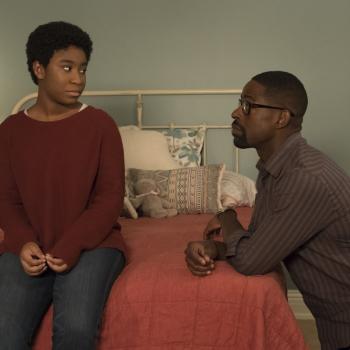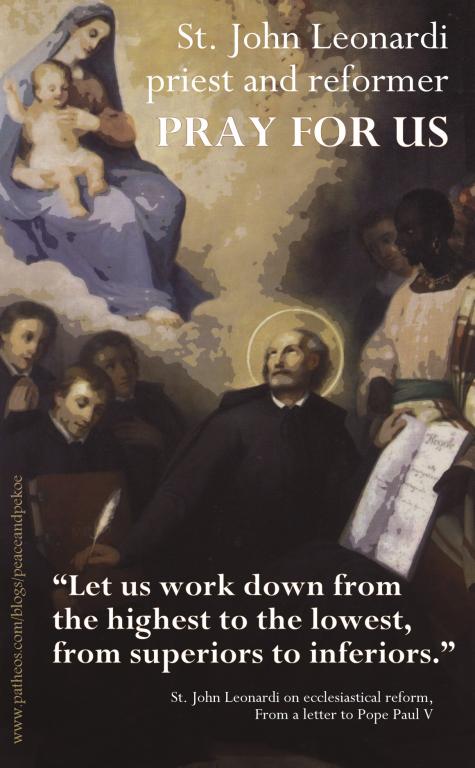When women who are struggling come together (I speak only of women because this is what I know), the worst that can come of it is a race to compare circumstances and descend into bitterness, doom-saying, dire warnings, and projection. It is easy for a few voices to take their own experiences and conclusions and fit them on to every newcomer, whether the fit is natural or needs to be a forced a bit.
I thought of this when reading Simcha’s brilliant post on NFP and suffering. Her observation on suffering–and the way it makes you compare your situation to others and become impatient, to rush to look for a fix or a change when consolation isn’t readily available–is applicable to all kinds of situations, not merely difficulties encountered in family planning.
“Oh my gosh, what a downer, right? But really, it’s a trap to use human standards (“Is this making me happy? Is this making life better? Does everyone around me agree that this makes sense? Does it seem like I’m making progress?”) to make judgments about what kind of suffering is tolerable. When we do this, then really serious suffering, the kind that doesn’t make sense, will seem like a sign that something is wrong — that something has to change, that we deserve a pass of some kind (see point #2)..
“If we look at a crucifix, suffering may or may not make sense, but at least we can’t claim that God couldn’t possibly expect us to choose that path just because of religion. Look to Him. Look at Him. See Him hanging there, abandoned. Sometimes there is no answer — not for you, not right now. That’s not a good reason to stop.
Don’t get me wrong: I believe in redemptive suffering. It’s just that I no longer expect it to feel redemptive.”
On some level, yes. But the difference is that ultimately the decision about what must or should be tolerated does not come down to what other people think or what makes sense to those around us. The wisdom of Christ is foolishness to the world.
However, as Simcha mentions in her discussion of NFP, sometimes suffering comes from things we can’t easily address–from sin in the world, from our own brokenness, from the social mores around us, from poverty, illness, or circumstance, from the privations we cannot fill by our own power. Sometimes the hardest suffering isn’t in what is done to you, but in patiently bearing the weight of impatience with what is.
Pain begs us to believe that only action can end our ache — when actually only God can.Action doesn’t end pain — God does.It takes incredible courage to wait on God in what feels like a wrong place— until He gives us the incredible gift of the right action.And the making of one’s whole life takes time. Goals take longer than you think; the ways of God take longer than you want. It takes time, a lifetime, to turn the ache of our longings toward Him.
Where is that peace you thought was the reward for faithfulness? Where is that deep joy that someone, somewhere told you waited in the depth of pain?
The best answer I have is that the peace is there in the stillness I choose and strive for when everything in my monkey-brain is clamoring for decisive action. Joy, when I find it, is in the places it always was–in the people I love, in the beauty I find or create, in the momentary glimpses of grace made visible that help me believe it is present when it is invisible. Some days it is easier to find that stillness and those reasons for joy than others.
Today, for a few reasons, I found myself restless. The things I desire are good things, and it seems intolerable sometimes that they cannot be forced, cannot be built single-handedly. And the temptation to comparison is never very far from any of us, is it?
…
I visited a dear friend last month, and in a moment of quiet she told me, “I don’t understand you, you know.”
And then she said it–
“I don’t understand you. But I love you.”
There’s a lot I don’t understand. There’s a lot of people whose lives and burdens seem as incomprehensible to me as I’m sure mine looks to them.
Fortunately, we don’t have to understand to love each other.











